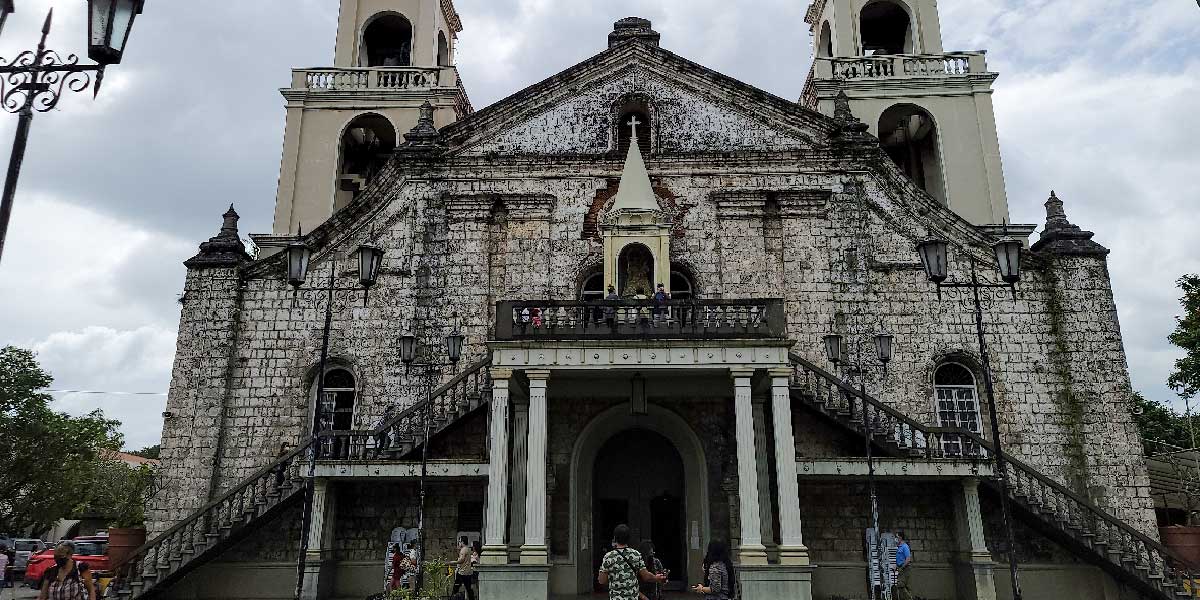By Francis Allan L. Angelo
The regulation of bulk water suppliers in the Philippines involves a combination of national standards and specific project agreements.
Key laws and regulations aim to ensure the quality of water and fair pricing, but there are areas that could benefit from stronger consumer protections.
Regulatory Framework
- Philippine National Standards for Drinking Water (PNSDW) 2017: This set of standards applies to all drinking-water service providers, including bulk water suppliers. It ensures that all potable water meets safety and quality standards as established by the Department of Health. This regulation is critical for protecting public health by setting stringent water quality requirements.
- Water Code of the Philippines: Administered by the National Water Resources Board (NWRB), the Water Code governs the appropriation and utilization of water resources. It sets out the purposes for which water can be used, prioritizes domestic and municipal uses, and requires permits for water use. This regulatory framework helps ensure that water resources are managed sustainably and equitably.
- Public-Private Partnership (PPP) Projects: Several bulk water supply projects, such as the Bulacan Bulk Water Supply Project and Metro Iloilo Bulk Water Supply Corp, operate under PPP agreements. These agreements typically include provisions for pricing, quality, and supply standards that the private partners must adhere to. For instance, compliance with key performance indicators such as availability, water quality, and pressure is closely monitored.
Consumer Protection and Tariff Regulations
The regulatory landscape, while robust in terms of quality control and resource management, appears to have gaps when it comes to protecting consumers from arbitrary tariff increases by bulk water suppliers.
There are instances where disputes over rate increases have led to significant conflicts, such as the case involving Metro Pacific Water and the Cagayan de Oro Water District (COWD). Here, a court had to intervene to prevent the disconnection of water supply due to disputed debts and price adjustments.
The same also happened to Metro Pacific Iloilo Water (MPIW) when one of its bulk water suppliers threatened to cut supply if they don’t agree to an increase in the rates, which is eventually passed on to consumers. Recently, the same supplier offered to expand its treatment plant provided that MPIW agrees to accept its supply. It would appear now that MPIW, ergo the consumers, will have to pay for the plant expansion.
The NWRB, along with local water districts, plays a role in regulating water tariffs, but enforcement can be challenging. Bulk water suppliers may seek tariff adjustments based on contractual clauses that allow for periodic rate changes. However, these adjustments can lead to disputes if not transparently communicated and justified.
Best Practices and Recommendations
To enhance consumer protection and ensure fair pricing, the following measures could be considered:
- Strengthen Regulatory Oversight: The NWRB and other regulatory bodies should enhance their oversight capabilities to ensure that bulk water suppliers adhere to fair pricing practices. This might include more stringent reviews of tariff adjustment applications and ensuring that these are based on clear, justifiable cost increases.
- Transparent Pricing Mechanisms: Contracts between bulk water suppliers and water districts should include transparent pricing mechanisms that are clearly communicated to consumers. This transparency can help prevent disputes and ensure that consumers understand the basis for any rate changes.
- Dispute Resolution Mechanisms: Establishing robust dispute resolution mechanisms within regulatory frameworks can help address conflicts between bulk water suppliers and water distributors swiftly and fairly. This could involve arbitration panels or dedicated ombudsman services for the water sector.
- Consumer Advocacy and Participation: Encouraging consumer advocacy groups to participate in regulatory processes can provide a check on potential abuses. Consumers should have a voice in public consultations regarding water tariffs and service quality standards.
While the Philippines has established a comprehensive framework for regulating water quality and resource management, there is a need for stronger consumer protection mechanisms to guard against unjustified tariff increases by bulk water suppliers.
By enhancing regulatory oversight, ensuring transparency, and fostering consumer participation, the country can better safeguard the interests of its water consumers and ensure sustainable and fair water supply practices.
(Next: How does this “regulatory blackhole” impact the rates in Metro Iloilo)




















